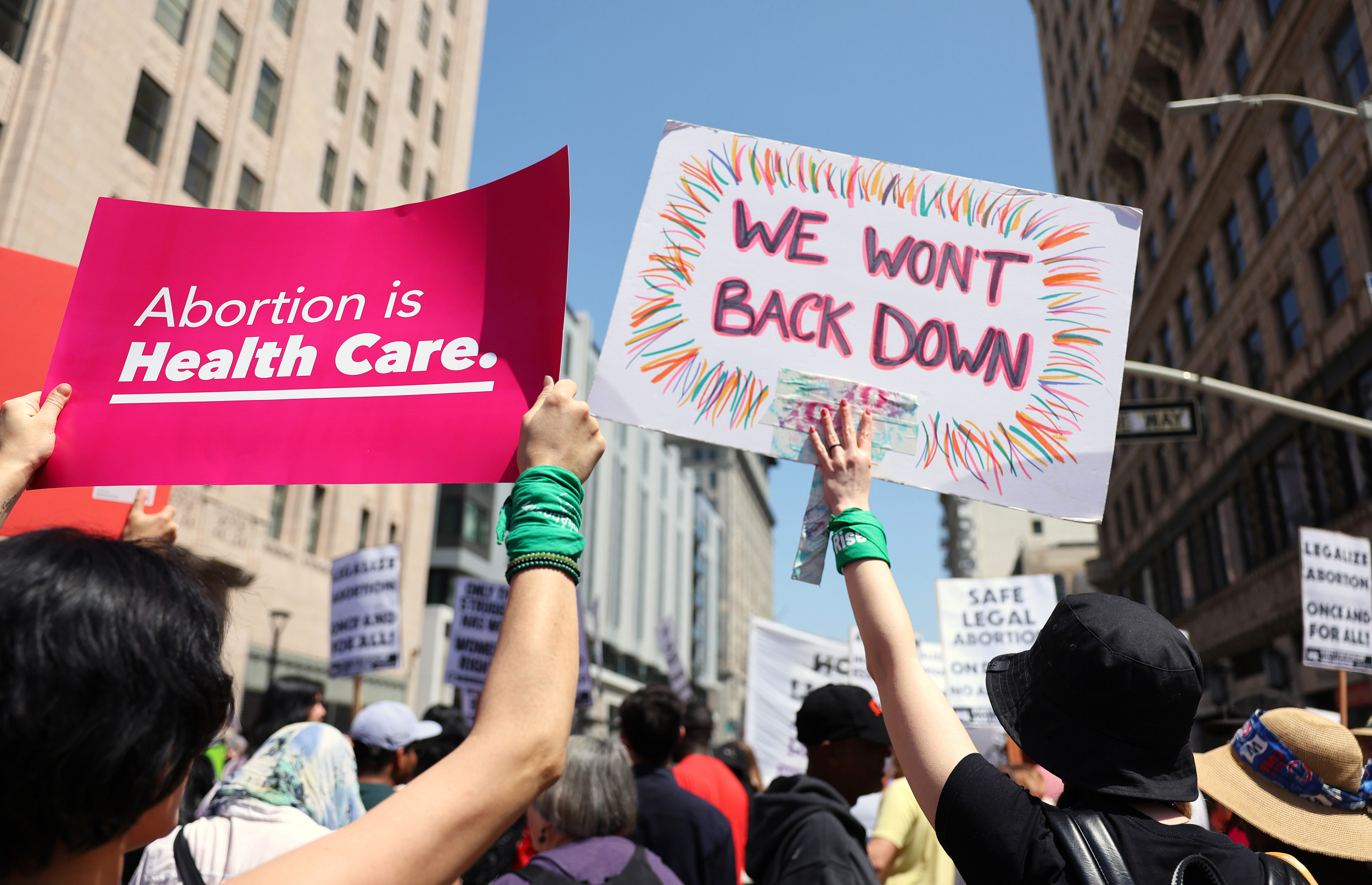As product recalls continue around the nation, Amazon has faced issues with some of its sellers offering banned child products.
Earlier this month, the U.S. Consumer Product Safety Commission (CPSC) announced that a specific Amazon seller was found in violation of selling a product that is currently banned in the U.S. under the federal Safe Sleep for Babies Act (SSBA). The seller was offering crib bumpers for sale which pose a suffocation hazard to infants, the CPSC said.
"CPSC issued a Notice of Violation to the seller, Lucky_00, of China, but the firm has not agreed to recall these crib bumpers or offer a remedy to consumers. Consumers who purchased the product will receive this notice directly," CPSC said.
In addition to crib bumpers, inclined infant sleepers are also banned under the Safe Sleep for Babies Act. On December 21, the CPSC announced that the HEAO 4-in-1 High Chairs, which were sold exclusively on Amazon, were being recalled as they pose a suffocation risk.
Newsweek reached out to the CPSC and Amazon via email for comment.

"The high chairs pose a suffocation risk because they were marketed, intended, or designed for infant sleep, and they have an incline angle greater than 10 degrees in violation of the CPSC's Infant Sleep Product Rule and the Safe Sleep for Babies Act," the CPSC said.
Many of the specifically recalled products have been removed from Amazon's website, but other variations of banned products, like the 4-in-1 high chair, continue to be sold.
Peter Kerin, the owner of Foresight Childproofing in Minnesota, told Newsweek that over the last decade "it's been an explosion of products," that have been sold on Amazon and may pose an injury risk to children.
"The bigger challenge is, in my observation, is that there aren't a set of standards across the board for such a wide swath of products that are sold for children," Kerin told Newsweek.
"And more specifically for safety, my concern...in the United States, it's not unfair to believe that parents, when they purchase a product, I don't think it's unfair for them to believe there's an assumed suitability. Anything we buy here is going to be tested.
"Right now in the U.S. there aren't necessarily, a real meaningful set of standards for most products," Kerin said.
Kerin went on to explain that while the CPSC does "great and important work" in combatting potentially harmful products and issuing recalls, he noted that "the scope of what they cover is amazingly broad." "I think they're a bit limited in their mission," Kerin added.
John Turner, the global director of Crisis Management at McLarens, a global claims service provider, told Newsweek that any good entering the U.S. and being sold must comply with U.S. regulations.
"For the major global retailers, it can be hugely difficult to execute every product recall perfectly and the bigger a company is the more scope there is for products to slip through the cracks. That said, anecdotally, the online marketplaces have a tendency to err on the side of caution and take a belt and suspenders approach to a recall, sweeping the shelves of not just recalled products but ancillary and unrelated goods," Turner said.
"It takes a collective effort on the entire supply and distribution chain to manage and effectively execute a product recall especially those with high-volume stock-keeping-units. And, only in exceptional cases, they come with risks that some recalled products will remain in market for some time and be sold to consumers," Turner added.
There have also been similar issues in the UK, according to a report from ITV, which found children's toys being sold on Amazon that were considered to be illegal and potentially dangerous. According to ITV, in 2021, they conducted a search into different Amazon sellers and purchased four toys that were considered to be "illegal" under UK toy legislation.
Additionally, ITV reported that the British Toy and Hobby Association purchased 255 toys in 2021 from different online marketplaces like Amazon and found that 88 percent were considered illegal. ITV reported that following its investigation, Amazon removed the items from its website.
Update: 1/5/24, 8:55 a.m. ET: This story has been updated to clarify that McLarens is a global claims service provider.
Uncommon Knowledge
Newsweek is committed to challenging conventional wisdom and finding connections in the search for common ground.
Newsweek is committed to challenging conventional wisdom and finding connections in the search for common ground.
About the writer
Matthew Impelli is a Newsweek staff writer based in New York. His focus is reporting social issues and crime. In ... Read more
To read how Newsweek uses AI as a newsroom tool, Click here.






